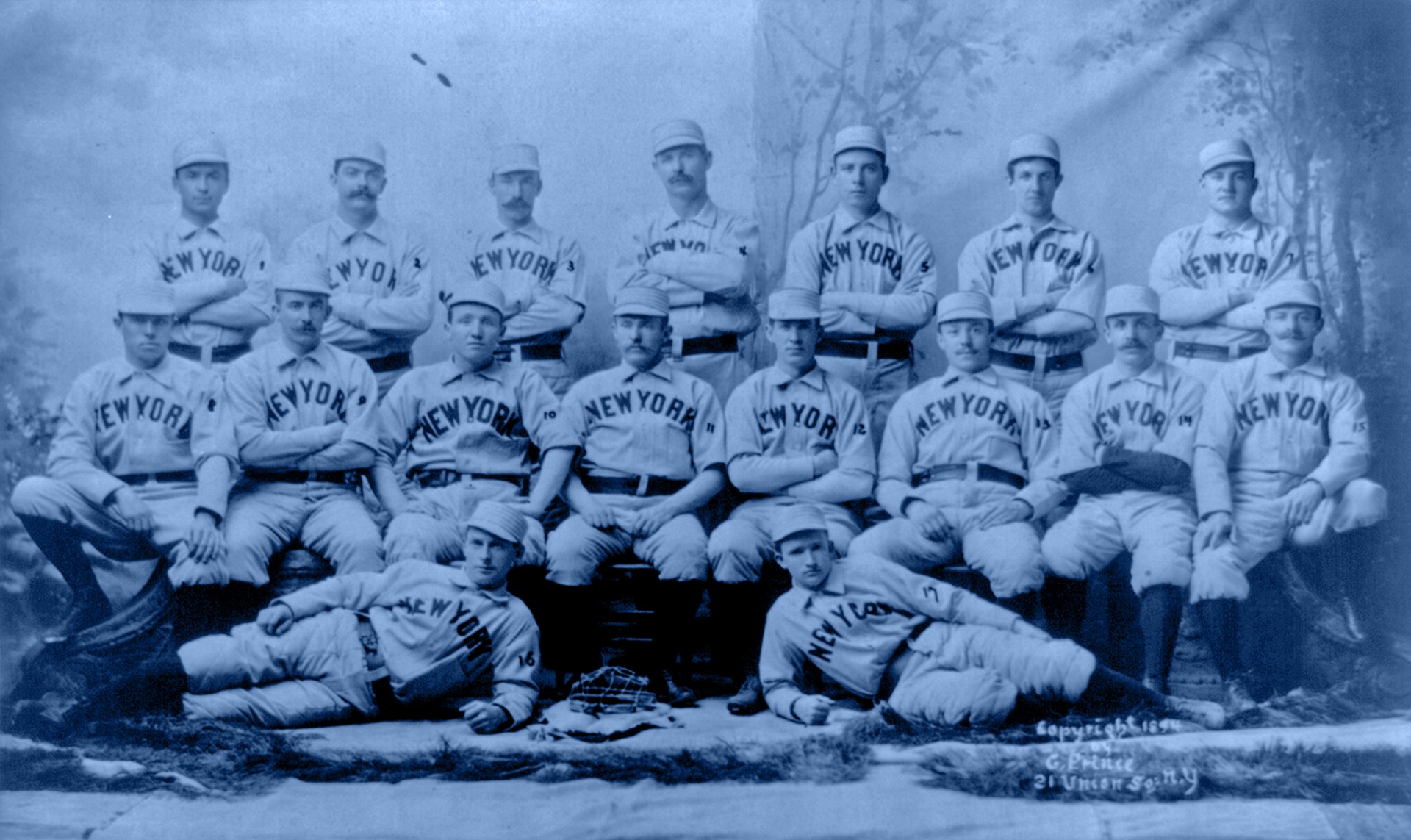A poorly-worded document has resurfaced and rekindled a long-standing controversy in the world of search engine optimization (SEO) concerning whether a site’s click-through-rate (CTR) in the results page alters its future ranking.
Background: CTRs and SERPs and Rankings
Recall that the search engine results page (SERP) is simply the screen that you get when you type something into the query field and hit enter. It lists all of the websites that the search engine has deemed relevant and important to your query, ranked according to the search engine’s algorithms. The more relevant and important, the higher it is to the top of the SERP.
On the SERP, websites are listed as links. If you click on the link, you go to the site. How often a site’s link on the SERP is clicked on is expressed in its click-through-rate, or CTR. If 10 people searched for “common spider web styles in Ethiopia” and five people clicked on the first result, three clicked on the second result, and two more on the third, the CTRs would look like this:
- Site 1: 50%
- Site 2: 30%
- Site 3: 20%
- Sites 4+: 0%
Obviously, where you rank on the results page matters for your CTR: Sites listed at the top of the SERP tend to get clicked on far more often than those at the bottom.
The Ongoing Controversy: Does a Site’s CTR Impact Its Ranking?
An important question became: Does a site’s CTR for a particular search query raise or lower its ranking for subsequent searches for that query?
For example, if your law firm’s article on drug classifications under the Controlled Substances Act is ranked 8th for the search query “what legal classification is heroin,” but your article is scoring an outstanding CTR of 60% from people asking that query, will that CTR move it up in the rankings for subsequent searches?
Google has repeatedly denied that this is the case.
Just last week, though, an SEO expert over at Moz dredged up an old 2009 blog post from Google that implies otherwise:
HAHAHAAHAA!!!
It’s incredible what you can find when browsing Google’s other tools: https://t.co/Gk7tELzaEr
SEOs, can we put this myth to rest now? CTR MATTERS!!! pic.twitter.com/3cotxdUrlS
— Britney Muller (@BritneyMuller) February 21, 2019
The discrepancy highlights just how nuanced some aspects of SEO can be.
Whose SERP? Nuance Supplied by Adaptive Search
Does a site’s CTR impact future rankings in the SERP for identical searches?
The answer seems to be both yes and no.
The answer is no for two reasons:
- Google has said so. Of course, Google has a vested interest in keeping details of its algorithms hidden. Relying on what they said, without more, is unwise. However, their repeated and consistent insistence that CTR doesn’t impact rankings should be noted.
- CTR is manipulable. Allowing CTR to impact the rankings of identical searches done in the future is opening the floodgates of manipulation. Want to boost your rankings for “best criminal defense lawyer” in your region? Run the search, find your site, and click it. Have your family and friends do it, too! You could even pay people to do it. The result: Crowdsourced organic listings that help to promote sites that are poorly designed to answer given search queries and which would (and this is the important part) cut against Google’s business model.
However, the answer is also yes – a site’s CTR does impact the rankings for an identical search… On your personalized SERP.
Google’s algorithms track the sites your click on after running a search query. If you repeatedly use Google to make a navigational query – you know the particular site you want to find, and are merely using Google to get to it – Google will “learn” what you are looking for through its adaptive search techniques.
For example, we’re baseball nerds at Myers Freelance, and are constantly looking for advanced stats on players. We regularly run search queries in Google for “brooks robinson stats” and “mike trout stats versus lefties at home after dark on weekends,” and we always click on Baseball Reference, rather than MLB, ESPN, or Yahoo! sources. After months of doing this, Baseball Reference is always the top-ranked result for similar searches involving a baseball player’s name and the word “stats”… for searches done on our accounts or browsers, where cookies and past search history have indicated our preference for Baseball Reference.

So yes, the passage from the 2009 Google blog post is right, “when you click a link in Google Search, Google considers your click when ranking that search result in future queries.” But only for your future queries. In fact, the timing of this blog post is important – 2009 was right about when Google was honing its adaptive search abilities and was really trumpeting its successes.